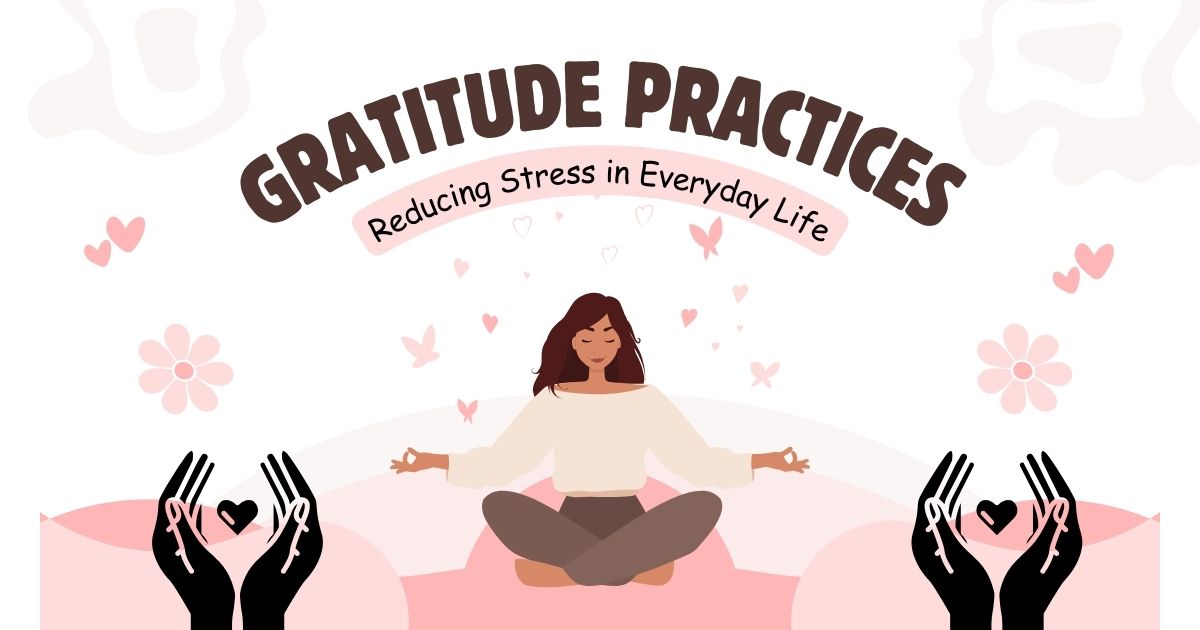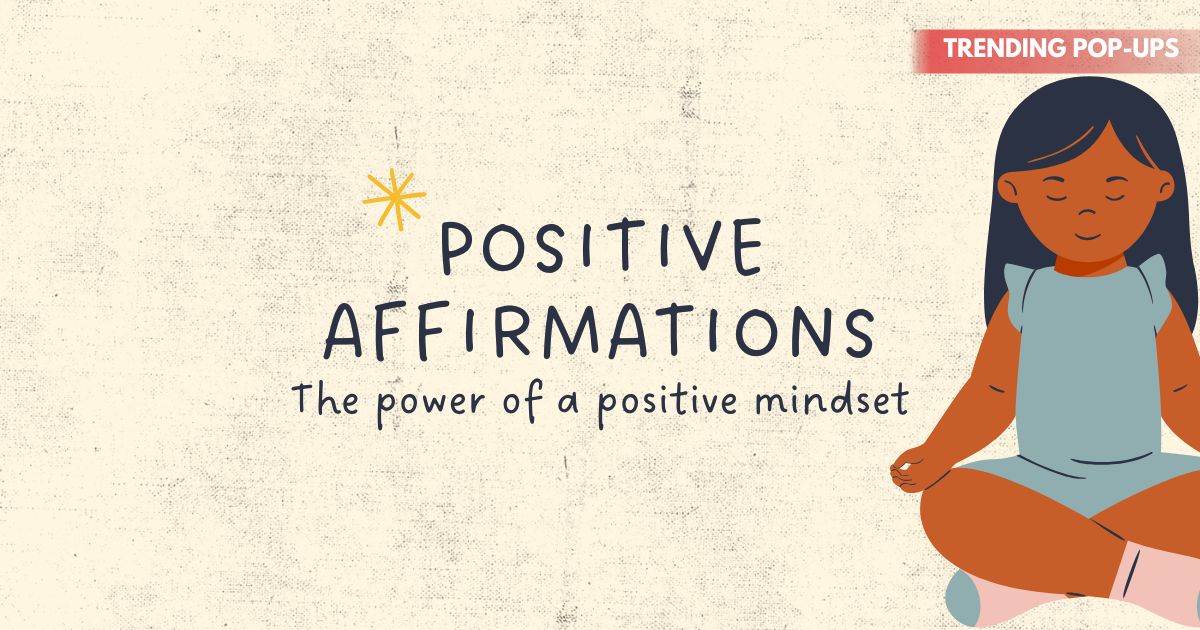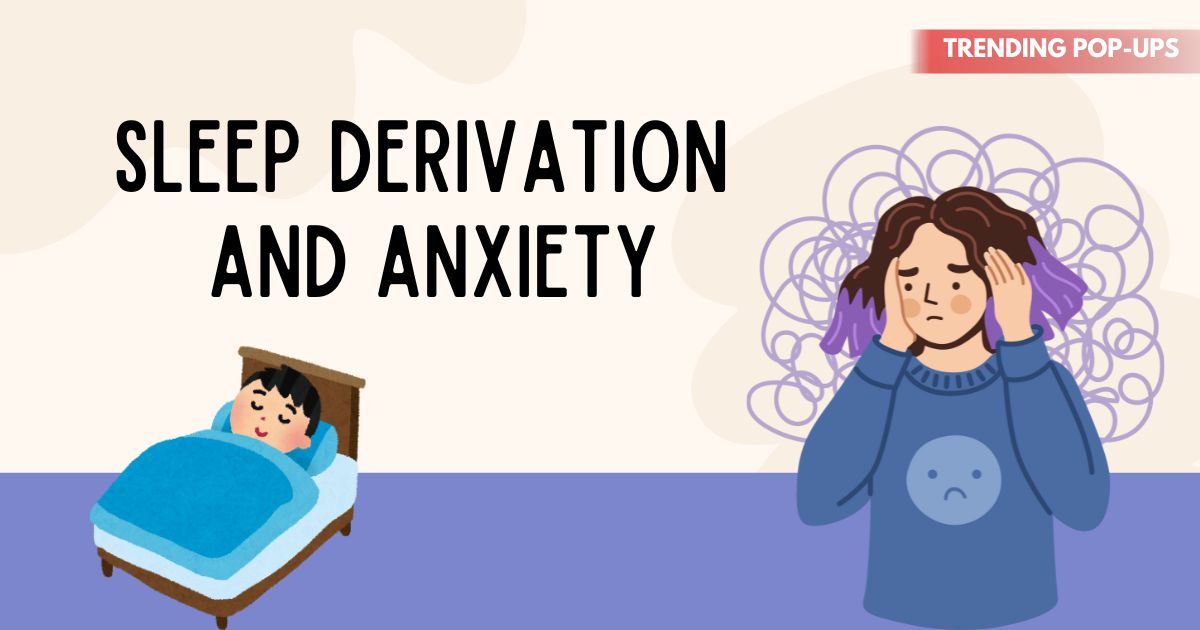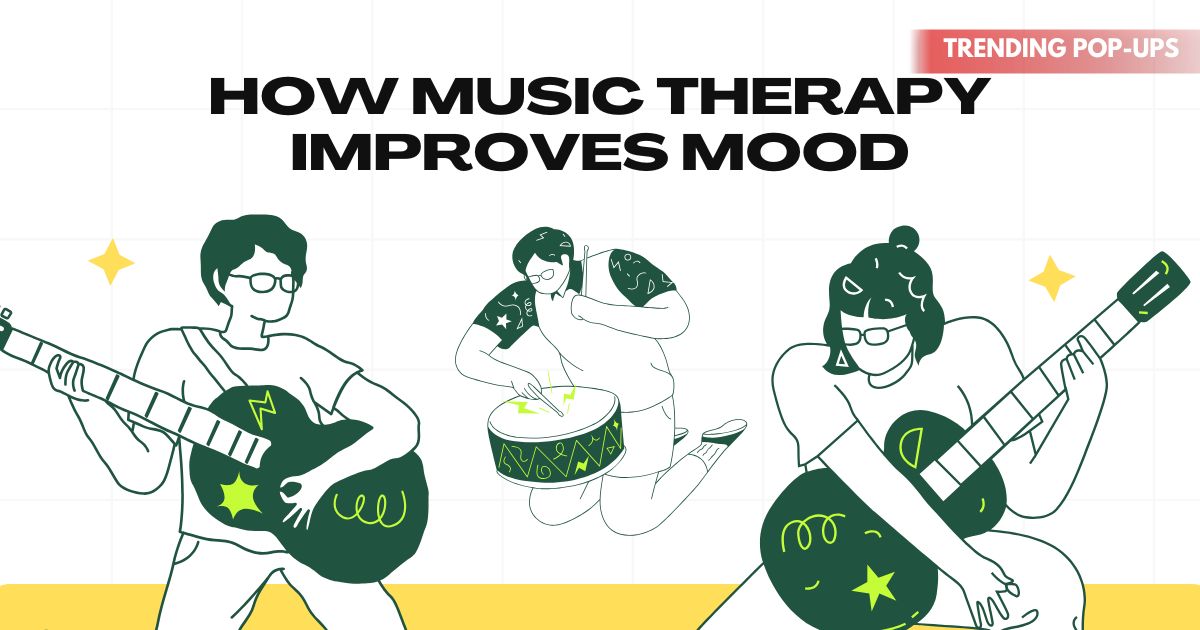In today’s fast-paced world, stress has become a common part of life. Chronic stress affects mental, emotional, and physical health, leading to anxiety, depression, sleep problems, and even cardiovascular issues. One powerful and accessible tool to counter stress is the practice of gratitude. Cultivating gratitude not only improves emotional resilience but also positively influences overall well-being. This article explores how gratitude practices reduce stress, their psychological and physiological benefits, and practical ways to incorporate them into daily life.
What is Gratitude?
Gratitude is the practice of recognizing and appreciating the positive aspects of life, no matter how small. It involves consciously acknowledging the people, experiences, and things that bring joy, comfort, or support. Gratitude is not about ignoring challenges but about shifting focus toward positive aspects, which can improve emotional regulation and reduce stress.
The Science Behind Gratitude and Stress Reduction
Research in psychology and neuroscience shows that gratitude has tangible effects on stress reduction:
1. Reduces Cortisol Levels
Cortisol, known as the stress hormone, increases during chronic stress. Gratitude practices have been shown to lower cortisol levels, promoting calm and relaxation.
2. Improves Heart Health
Gratitude can reduce blood pressure and improve heart rate variability, both markers of cardiovascular health, which are often affected by stress.
3. Enhances Emotional Resilience
Regular gratitude strengthens neural pathways associated with positive emotions, enabling better coping mechanisms when faced with stressful situations.
4. Promotes Better Sleep
People who practice gratitude often experience improved sleep quality because it reduces worry and fosters a sense of peace before bedtime.
5. Boosts Overall Mental Health
Gratitude increases serotonin and dopamine, the “feel-good” neurotransmitters, reducing symptoms of anxiety and depression.
Effective Gratitude Practices to Reduce Stress
1. Keep a Gratitude Journal
Writing down three to five things you are grateful for every day can shift your focus from negative thoughts to positive ones. This simple habit has been linked to reduced stress, improved mood, and better mental clarity.
2. Express Gratitude to Others
Verbalizing thanks or sending a note to someone who has positively impacted your life can strengthen social bonds and increase feelings of happiness and connectedness.
3. Mindful Appreciation
Take a few moments each day to pause and truly appreciate the small joys in life—a warm cup of coffee, a sunny morning, or a kind gesture. Mindful attention enhances the emotional benefits of gratitude.
4. Visual Reminders
Place sticky notes, photos, or objects around your home or workspace that remind you of what you are thankful for. These cues can trigger positive emotions throughout the day.
5. Gratitude Meditation
During meditation, focus on the aspects of your life that you appreciate. This practice combines mindfulness with gratitude, reducing stress and fostering inner calm.
Psychological and Physical Benefits of Gratitude
-
Reduced Anxiety and Depression: Gratitude shifts focus away from worries, improving mood and mental resilience.
-
Lower Stress Levels: By lowering cortisol, gratitude practices help manage both emotional and physiological stress responses.
-
Enhanced Social Relationships: Expressing gratitude strengthens social bonds, which act as a buffer against stress.
-
Improved Sleep: Positive thoughts before bedtime reduce racing minds and insomnia.
-
Better Immune Function: Studies suggest that positive emotional states, like gratitude, may enhance immune response and overall health.
Tips to Maintain a Gratitude Practice
-
Consistency is Key: Practice daily, even if for just 5 minutes.
-
Be Specific: Instead of general statements, focus on specific experiences or people.
-
Reflect on Challenges: Finding gratitude during tough times enhances resilience and perspective.
-
Combine with Mindfulness: Incorporate deep breathing or meditation to maximize stress reduction.
-
Track Your Progress: Revisit your gratitude journal to see positive patterns and growth over time.
Conclusion
Gratitude practices offer a simple, powerful, and scientifically supported method to reduce stress and improve mental and physical health. From journaling and mindful appreciation to expressing thanks to others, gratitude shifts focus from negative thoughts to positive experiences. Regular practice enhances emotional resilience, lowers cortisol, improves sleep, and fosters stronger social connections. By incorporating gratitude into daily life, you can cultivate inner peace, reduce stress, and promote long-term well-being.
Also Read : Social Media Detox for Mental Peace
FAQs
1. How quickly can gratitude reduce stress?
Benefits can be noticed within a few days to weeks of consistent practice, though long-term benefits increase over months.
2. Can gratitude replace therapy or medication for stress?
Gratitude is a supportive tool, not a replacement for professional care when needed. It works best alongside therapy, lifestyle changes, and, if prescribed, medication.
3. Can children benefit from gratitude practices?
Yes. Teaching children to recognize and express gratitude improves emotional intelligence, resilience, and social skills.
4. What is the best time of day to practice gratitude?
Both morning and bedtime are effective. Morning practices set a positive tone, while evening reflection enhances sleep quality.
5. Are written practices more effective than verbal ones?
Both are beneficial. Writing enhances self-reflection, while verbal expression strengthens social connections. Combining both methods can maximize benefits.



